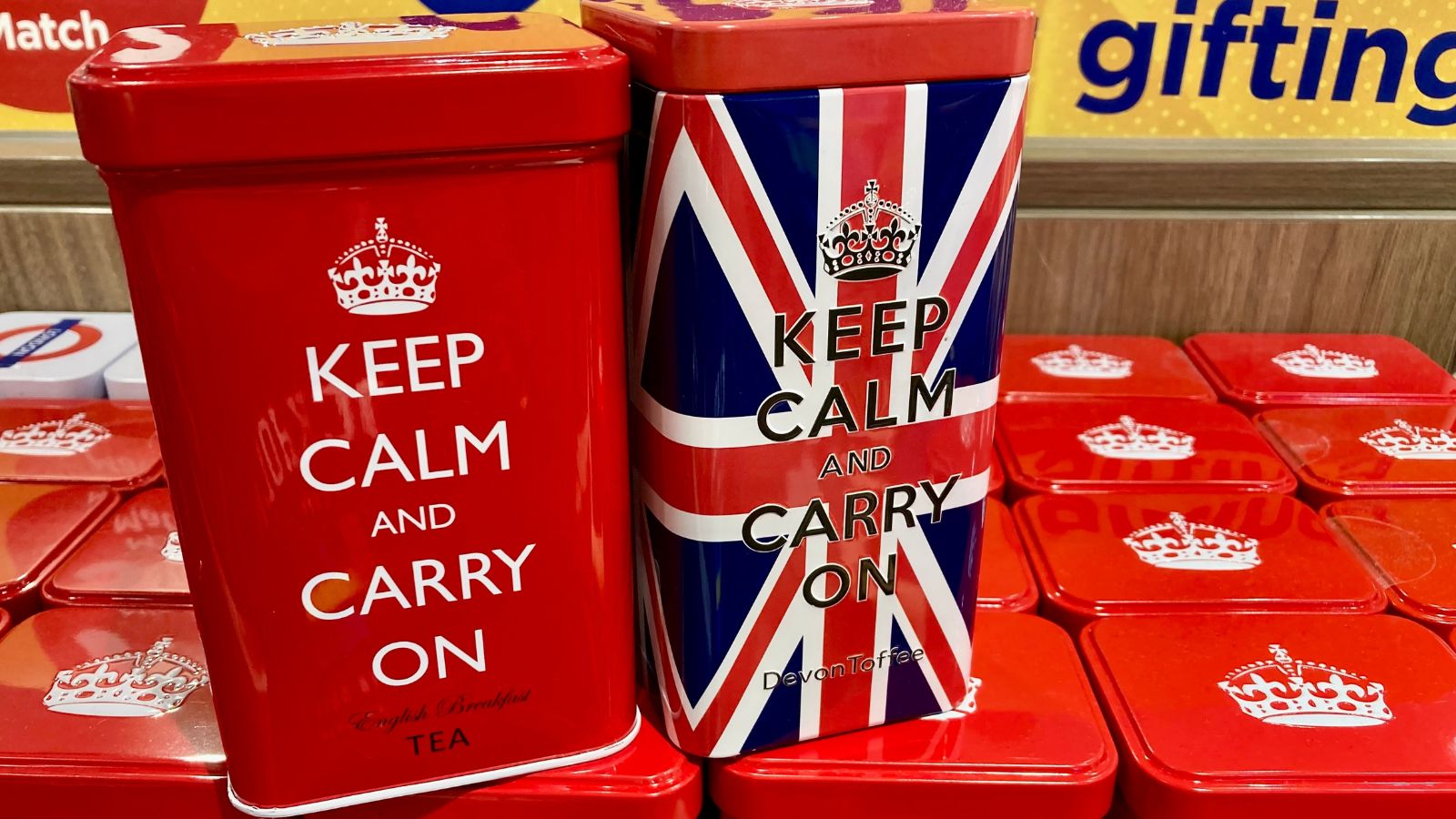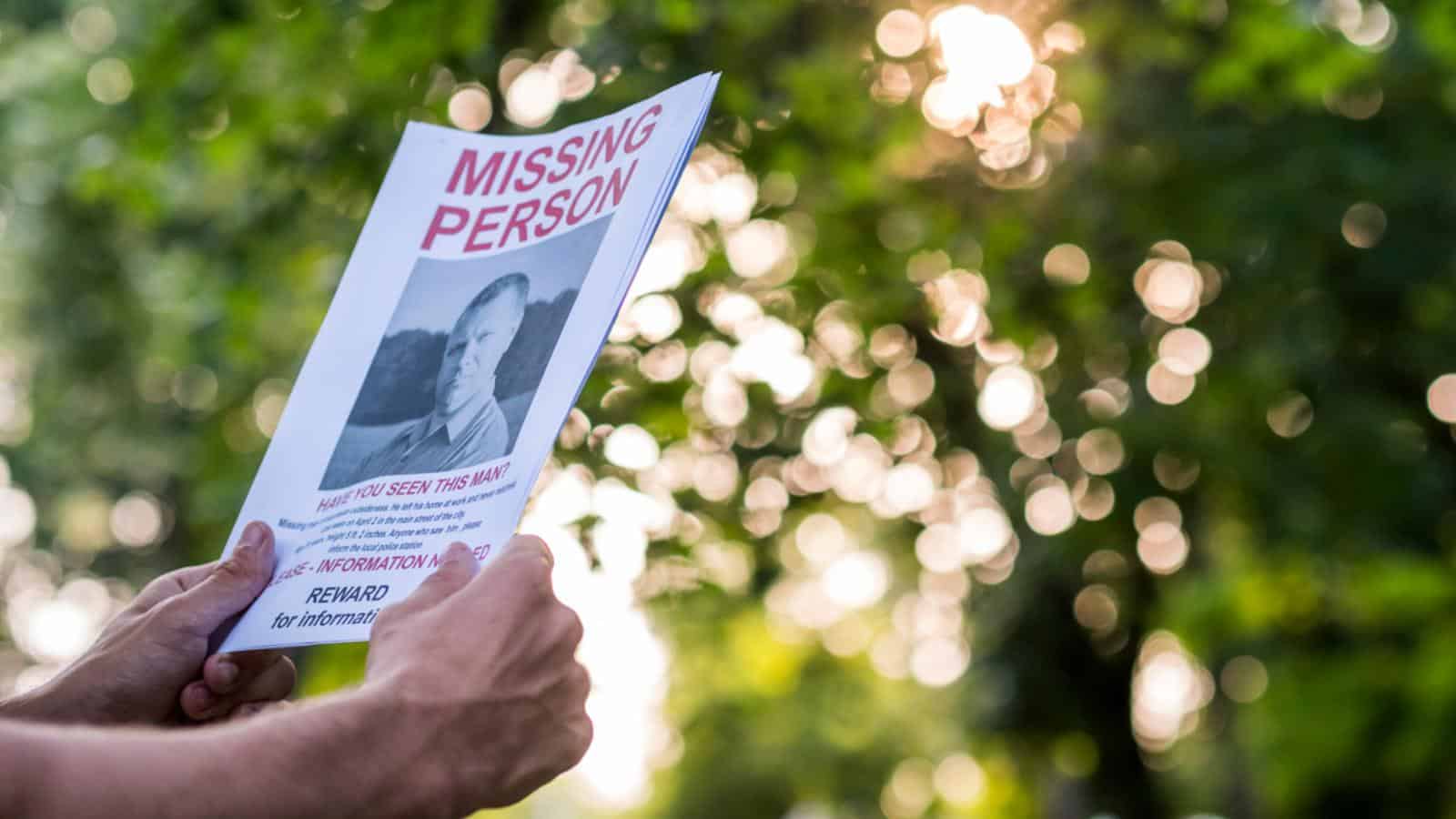We Brits are famous for our wide range of colloquial phrases that, frankly, seem completely nonsensical to the rest of the world. Regardless, we love them, although there’s no denying that many of said phrases are losing their popularity these days. To explain why this is, this article will take a look at various British phrases that have lost their spark.
Mind the Gap

Brits and tourists who have visited London alike will be all too familiar with the phrase, “Mind the gap,” a warning heard across London Underground stations that Architecture & Access remembers was first used in the ‘60s. While it’s still blared across tannoys to this day, it now feels like more of a tourist cliché than a phrase locals use in conversation, having lost the practical resonance it once had with daily commuters.
Bob’s Your Uncle

The phrase “Bob’s your uncle” used to be the ultimate British seal of approval, signifying that something was straightforward or easily done. Sadly, nowadays, it’s seen as an old-fashioned way to express simplicity, overshadowed by more modern expressions like “you’re all set” or “done and dusted.” However, you can count on us old folk to still use it, much to our kids’ amusement.
Keep Calm and Carry On

During World War II, the motivational slogan “Keep calm and carry on” resonated deeply with British stoicism and resilience. Decades later, it re-emerged as a trendy motto plastered on mugs and posters, which, at the time, was lovely to see. Unfortunately, though, this exact overuse has stripped it of its original wartime gravitas, reducing it to just another catchy phrase.
It’s Not My Cup of Tea

At one time, expressing a personal dislike in a polite, British way was perfectly captured by saying, “It’s not my cup of tea.” While still understood, it’s now often replaced by more direct language, making it sound quaint or overly polite in today’s more straightforward conversations. Personally, we still say it, though, and so should you!
The Bee’s Knees

Back in the hippy era, “The Bee’s Knees” described something excellent or of high quality, but it has since fallen out of favor. It reminds us of this bygone era when quirky animal-related expressions were trendy, but today, it sounds more like a relic of a distant past than a relevant compliment. Gen Z finds it particularly cringe-worthy, although that just adds to our enjoyment when we use it.
Tickety-Boo

Surely we can all agree that “Tickety-Boo” makes our skin crawl these days? It was once a cheerful way to say that everything was going well, but there’s just something strange and old-fashioned about it these days, and not in a good way.
Fancy a Cuppa?

Back in the day, inviting someone for tea with the phrase “Fancy a cuppa?” was once as British as it got. Though still occasionally used, it feels increasingly archaic, replaced by less specific invitations like “Want a drink?” Ultimately, the once-universal love of tea has diversified into other beverage choices, although tea is still a long, long way away from falling out of fashion in this country.
Throw a Spanner in the Works

Previously, saying someone had “thrown a spanner in the works” vividly illustrated how a plan had been disrupted, but with changing times, it now seems overly mechanical and somewhat outdated. Now, people opt for simpler alternatives like “mess things up” or “ruin the plan,” or if they’re feeling a bit more fruity, “…hit the fan.”
Cheerio

Not so long ago, “Cheerio” was a common way to bid someone farewell, embodying a friendly, casual, and quintessentially British tone. However, its usage has diminished, often feeling too quaint or reminiscent of old British films. Nowadays, it’s far more common to hear people say “bye” or “see you,” although tourists often can’t resist using the phrase out of novelty.
The Full Monty

This phrase once referred to going all out or giving something your maximum effort, and it gained popularity from the 1997 film of the same name, which we can all agree was hilarious (especially that one scene). However, its usage has dwindled since, especially among the younger generation. Perhaps it’s time we introduced Gen Z to the classic film so that they can start rekindling the phrase.
All Mouth and No Trousers

Another British phrase that has lost its spark these days is “All mouth and no trousers,” which used to be a sharp way of describing someone who talked big but failed to deliver. Though still understood, it’s seldom used today, with simpler phrases like “all talk” taking its place.
Gone for a Burton

A World War II-era expression meaning someone had gone missing or died, “Gone for a Burton” is now a forgotten piece of slang. It rarely surfaces in conversation today, replaced by more straightforward phrases that leave less room for confusion or historical context. Your parents or grandparents might still bust it out once in a while, though.
As Keen as Mustard

We’re not entirely sure why “As keen as mustard” captured enthusiasm perfectly, but it did, suggesting someone was eager and ready. While still familiar to older generations, it has largely fallen out of favor in everyday use, where “excited” or “pumped” have taken over as more modern, relatable alternatives. Frankly, these modern phrases just don’t have the same ring to them.
Taking the Mickey

Let’s be honest; this phrase is most commonly expanded in a more explicit way, but they both mean to mock or tease someone gently. It was incredibly common even until recently, but it’s seen a decline in usage as other terms like “making fun” have become more prevalent. “Taking the Mickey” now feels slightly outdated, although admittedly, the more naughty equivalent (you know what we’re talking about) is still pretty common, even among the youth.
Donkey’s Years

One of our favorite British phrases on this list is when someone says something that hasn’t happened in “donkey’s years,” meaning a long absence. We’d love to offer an explanation of why this phrase came about, but we haven’t got a scoobies–it’s just a fun expression. Regardless, as time has passed, this charmingly odd phrase has lost its place in regular speech, replaced by simpler ways to express the passage of time, like “ages” or “forever.”
Pull Your Finger Out

We won’t get into the origins of the phrase “Pull your finger out,” but it means to get a move on and start taking action. It’s long gone, though, having been replaced by more straightforward encouragements such as “hurry up,” which is, admittedly, clearer and more appropriate in today’s conversations.
Pardon My French

Once a common way to excuse oneself for using bad language, “Pardon my French” feels outdated in an era where mild profanity is more widely accepted in conversation. The phrase now often comes off as either ironic or overly prim and, therefore, is not used as frequently as before.
Haven’t Got a Scoobies

You might have noticed that we used this phrase earlier; saying, “I haven’t got a scoobies,” just means you haven’t got a clue. It’s not that common these days, but if you’re looking for an explanation for why it came about in the first place, think back to a classic old cartoon that was all about solving mysteries.
A Damp Squib

One of the lesser-known phrases on this list, “A damp squib,” originally described something that failed to live up to expectations. It’s probably been years since you’ve heard it, though; nowadays, people just use simpler alternatives like “letdown” or “disappointment” taking over. In fact, we’d make a bet that Gen Z has never even heard of this expression.
More Tea, Vicar?

A humorous phrase used to deflect awkward situations or cover up an unintended innuendo, “More tea, Vicar?” has become rare in everyday language. As conversational norms have evolved, the expression feels out of step, often used now only in jest or as a nod to past politeness. Disappointingly, kids today simply say, “Well, that was awkward…,” which grinds our gears.
Pop Your Clogs

We’ve saved the best British phrase until last; “Pop your clogs,” meaning to die, is a classic and quirky euphemism that represents the dark sense of humor that is synonymous with we Brits. Admittedly, though, the expression has seen better days, and it has now faded as a common expression, replaced by more direct or varied ways to refer to death that don’t involve outdated imagery. Perhaps we could all help it make a comeback?!

